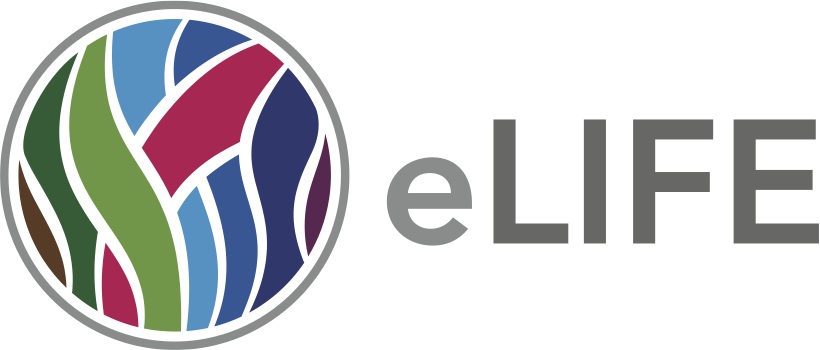Decisions, Decisions
Journals are exploring new approaches to peer review in order to reduce bias, increase transparency and respond to author preferences. Funders are also getting involved.
Send us a link
Journals are exploring new approaches to peer review in order to reduce bias, increase transparency and respond to author preferences. Funders are also getting involved.
The goal is to deliver an open-source submission and peer-review platform
Scientific abstracts have become less readable over the past 130 years, in part because recent texts include more general scientific jargon than older texts.
With Substance and Stencila, eLife is developing the technology required to publish computationally reproducible research articles online.
The Reproducible Document Stack will allow authors to submit their manuscripts in a format that includes embedded code blocks and computed outputs, and for publishers to preserve these assets in an enhanced version of the published online article.
An open-source browser extension for linking, curating and sharing scientific insights across publishers.
A new project to convert PDF to XML with high accuracy by complementing existing tools with computer vision technology.
By joining the consortium, eLife will support the introduction of innovative new tools to help expand the current online open scholarly infrastructure.
Life scientists told us whether they would like to share and read computationally reproducible research articles.
Authors submitting a manuscript to eLife are encouraged to upload it to a recognized preprint server at the same time in order to make their results available as quickly and as widely as possible.
In the three months following the Initiative for Open Citations' launch, the percentage of articles with open reference data has moved from 40% to over 45%.
A new way to access and consume science from your desktop using peer-to-peer technology.
We’re moving the online journal forward, and we hope you’ll join us on our journey.
New eLife's GitHub account to track new software or a new algorithm when they are central to an article and to make sure that the right version of the code that was used within an article persists.

eLife now accepting manuscripts in R Markdow at innovation@elifesciences.org.

Gender-bias in peer reviewing might persist even when gender-equity is reached because both male and female editors operate with a same-gender preference whose characteristics differ by editor-gender.

eLife has made it possible to submit the work first to eLife and then post the manuscript directly to bioRxiv.

Publication bias, in which positive results are preferentially reported by authors and published by journals, can restrict the visibility of evidence against false claims and allow such claims to be canonized inappropriately as facts.

eLife has appointed Paul Shannon as its new Head of Technology to oversee the development of tools and software in support of science communication.

To support the long-term growth of eLife we are going to introduce a publication fee of $2500

We present a deeper view of our 2015 financials, covering publishing and non-publishing expenses. As part of our ambition to change how science publishing works, especially among highly selective journals, we hope that being transparent about our costs will help to set a future course for research communication that is efficient and sustainable.

A literature review demonstrating that open research is associated with increases in citations, media attention, potential collaborators, job opportunities, and funding opportunities.

By sharing their experiences, early-career scientists can help to make the case for increased government funding for researchers.
